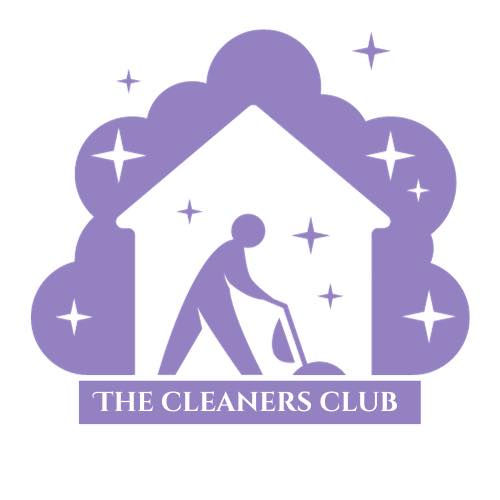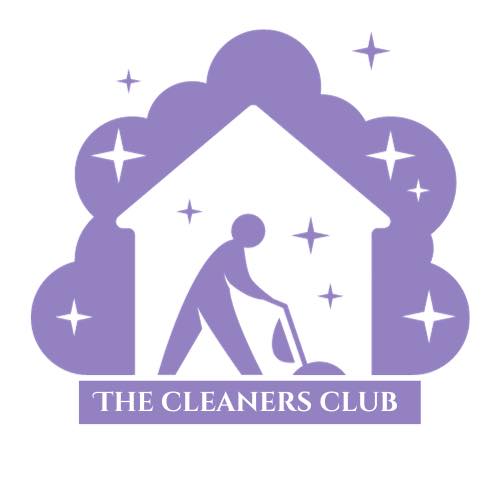What is Menopause

What is Menopause?
Are you in your early 40’s or late 50’s? Who suddenly notice health changes such as hot flushes, trouble sleeping, quickly getting irritated, or irregular menstrual periods for the past few months. If you’re experiencing these symptoms, maybe you're in a menopausal transition.
What is Menopausal?
Menopausal is not a disease or disorder; there's nothing to fear. Menopausal is medically defined as the cessation of a woman's reproductive ability, signaling the end of fertility.

It’s defined as amenorrhea occurring for more than 12 months. Amenorrhea means the absence of menstruation. It usually lasts about seven years but can be as long as fourteen, depending on lifestyle factors.
Three Stages of Menopause
Perimenopausal Stage
The early stage of menopause is called perimenopausal (40-49 years old). You may experience uncomfortable changes because of the fluctuation of the levels of estrogen. Estrogen is the primary “female” hormone that promotes the health of your reproductive organs and your skin's elasticity and protects other parts of your body such as bones, heart, and brain. As levels of estrogen decrease, you may experience mild symptoms that lifestyle changes can treat.
Common changes during perimenopausal:
-irregular period, which can be light or heavy.
-trouble getting a good night’s sleep.
-You can’t fall asleep quickly, or you wake too early.
-hot flushes
-Additional symptoms may include forgetfulness, insomnia, depression, anxiety, irritability, muscle/joint pains, fatigue, lack of concentration, hair loss, migraine, and low self-esteem.
Being physically active and eating healthy can help ease any discomfort you might be feeling.
Menopausal Stage
The menopausal stage is at 50-64 years old. When the estrogen level finally reaches its lowest level, many discomforts may ease.
Changes in the menopausal stage
· Vaginal dryness that causes itchiness and irritation
· inability to control urination
· painful intercourse
· thinning of the skin
· Low sex drive

Post-Menopausal Stage
The post-menopausal stage is 65-70+ years old. The protection from the estrogen hormone is depleted. If your health is not adequately managed at this stage, you are at higher risk of long-term age-related health conditions such as osteoporosis, heart disease, and Alzheimer’s disease. During this time, it’s essential to get enough sleep, eat a healthy diet, be active, and consume enough calcium for optimal bone health.

If ever you experience symptoms that affect the quality of your life, consult an obstetrician to assess and discuss your health condition and risks. An obstetrician may recommend therapy if needed.
All women will go through the menopausal stage. Arming yourself with knowledge can make the process easier for you.
Learning menopausal management is essential – it will not only relieve the symptoms and protect you from health risks but ready you with expectations.






